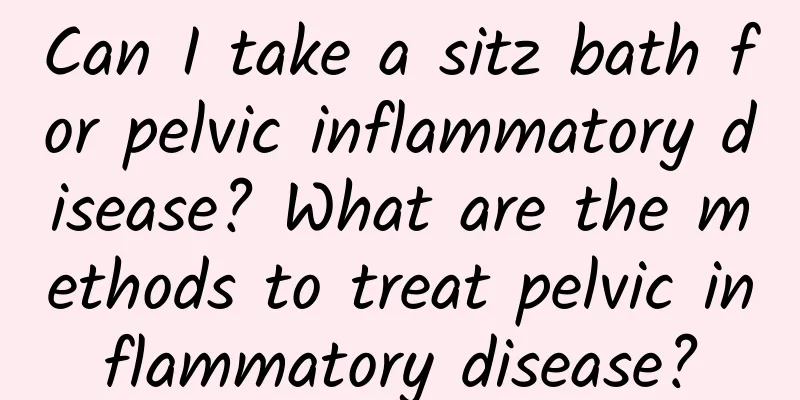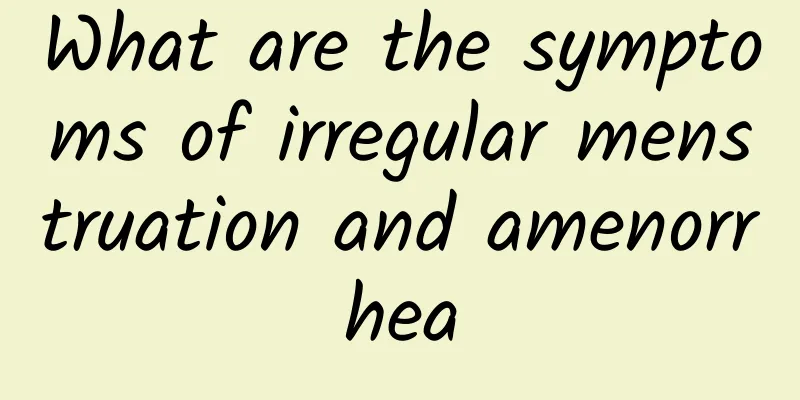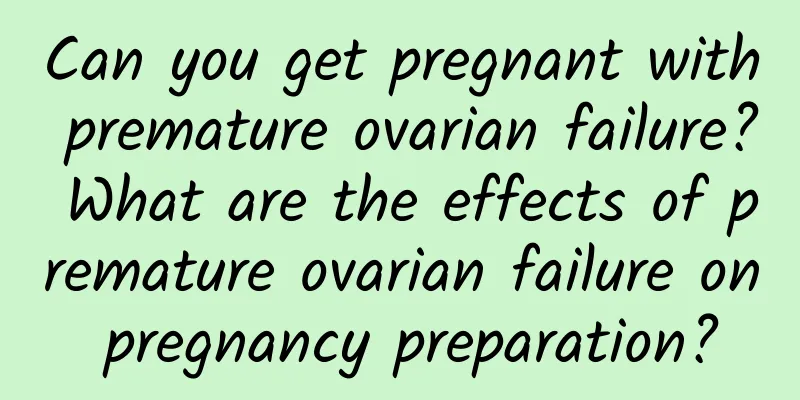Can I take a sitz bath for pelvic inflammatory disease? What are the methods to treat pelvic inflammatory disease?

|
Female friends all know that it is not suitable to take a bath in a tub during menstruation, because bacteria can easily enter the pelvic cavity through the dilated cervix. So, can you take a bath in a tub if you have pelvic inflammatory disease? What are the methods for treating pelvic inflammatory disease? When the female pelvic reproductive organs and the surrounding connective tissue and pelvic peritoneum become inflamed, it is called pelvic inflammatory disease. Acute pelvic inflammatory disease is a rapid onset and severe condition, and may cause lower abdominal pain, fever, chills, headache, and loss of appetite; chronic pelvic inflammatory disease has systemic symptoms such as sometimes low-grade fever and fatigue. Bathing during menstruation is one of the common causes of pelvic inflammatory disease. During menstruation, the body's resistance is reduced and the lower body is soaked in water. The pathogenic bacteria in the water can enter the internal reproductive organs through the vagina. If you swim during menstruation, it is easier for the bacteria in the water to enter the vagina, and then enter the uterus and fallopian tubes, causing inflammation. For patients with pelvic inflammatory disease, flushing is more effective than bathing. Bathing water will come into contact with other parts of the body and can cause vaginal infection, so it is best not to bathe in a bath. Although pelvic inflammatory disease is very harmful, there are many ways to treat it: 1. Traditional Chinese Medicine treatment: Using traditional Chinese medicine to treat pelvic inflammatory disease can achieve the effect of treating both the symptoms and the root cause. Traditional Chinese medicine and Chinese herbal medicine can treat pelvic inflammatory disease to achieve the effect of promoting qi and activating blood circulation. 2. Self-conditioning: Pelvic inflammatory disease can be treated by increasing physical exercise, increasing nutrition, combining work and rest, and getting enough sleep. 3. Drug treatment: Drug treatment of pelvic inflammatory disease is commonly used in clinical medicine, and it is more effective for mild pelvic inflammatory disease. 4. Physical therapy: This method uses physical factors to improve the nutritional status of tissues, enhance metabolism, and facilitate the absorption and disappearance of inflammation. 5. Surgical treatment: If there is a lump, such as hydrosalpinx or tubo-ovarian cyst, surgical treatment can be performed; if there are small infection foci and repeated inflammation occurs, surgical treatment is also suitable. |
<<: Does ovarian cyst cause back pain?
>>: How to regulate women's premature menopause
Recommend
What are the adverse reactions of medical abortion?
Medical abortion, also known as drug abortion, ha...
The clinical manifestations of dysmenorrhea need to be explained carefully
Do you know the clinical manifestations of dysmen...
The leucorrhea of patients with cervicitis is generally purulent
The leucorrhea of patients with cervicitis is g...
Can Traditional Chinese Medicine Prevent the Recurrence of Cervical Precancerous Lesions?
Can traditional Chinese medicine prevent the recu...
Can endometrial tuberculosis be contagious?
Is endometrial tuberculosis contagious? Many fema...
Uterine fibroids compress the bladder and cause frequent urination
Among gynecological diseases, uterine fibroids ar...
Adnexitis has different clinical manifestations in acute and chronic conditions.
Adnexitis has different clinical manifestations i...
Symptoms of acute and chronic adnexitis
The specific manifestations of the symptoms of ac...
Symptoms of mild cervical erosion, these 4 symptoms indicate mild cervical erosion
When any disease occurs, we need to rely on sympt...
How to diagnose adnexitis and what tests are needed?
How to diagnose adnexitis and what tests are need...
Han Kuo-yu keeps his health regimen secret: warming feet, massaging abdomen... Chinese medicine: do this to get more points!
The election campaign is fierce. Candidates are r...
Menstrual irregularities may manifest as irregular uterine bleeding
Irregular menstruation may manifest as irregular ...
Some experience with pregnancy during cervical precancerous lesions
Preventing cervical cancer is something every wom...
What are the hazards of cervical erosion in women? Some hazards of cervical erosion in women should be noted
Cervical erosion is a very common gynecological d...
Abnormal vaginal discharge begins after menarche
Abnormal vaginal discharge after menarche may be ...









